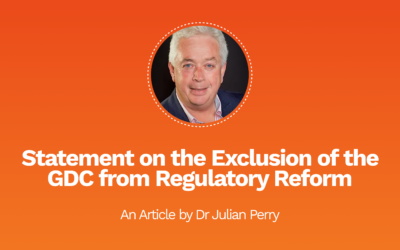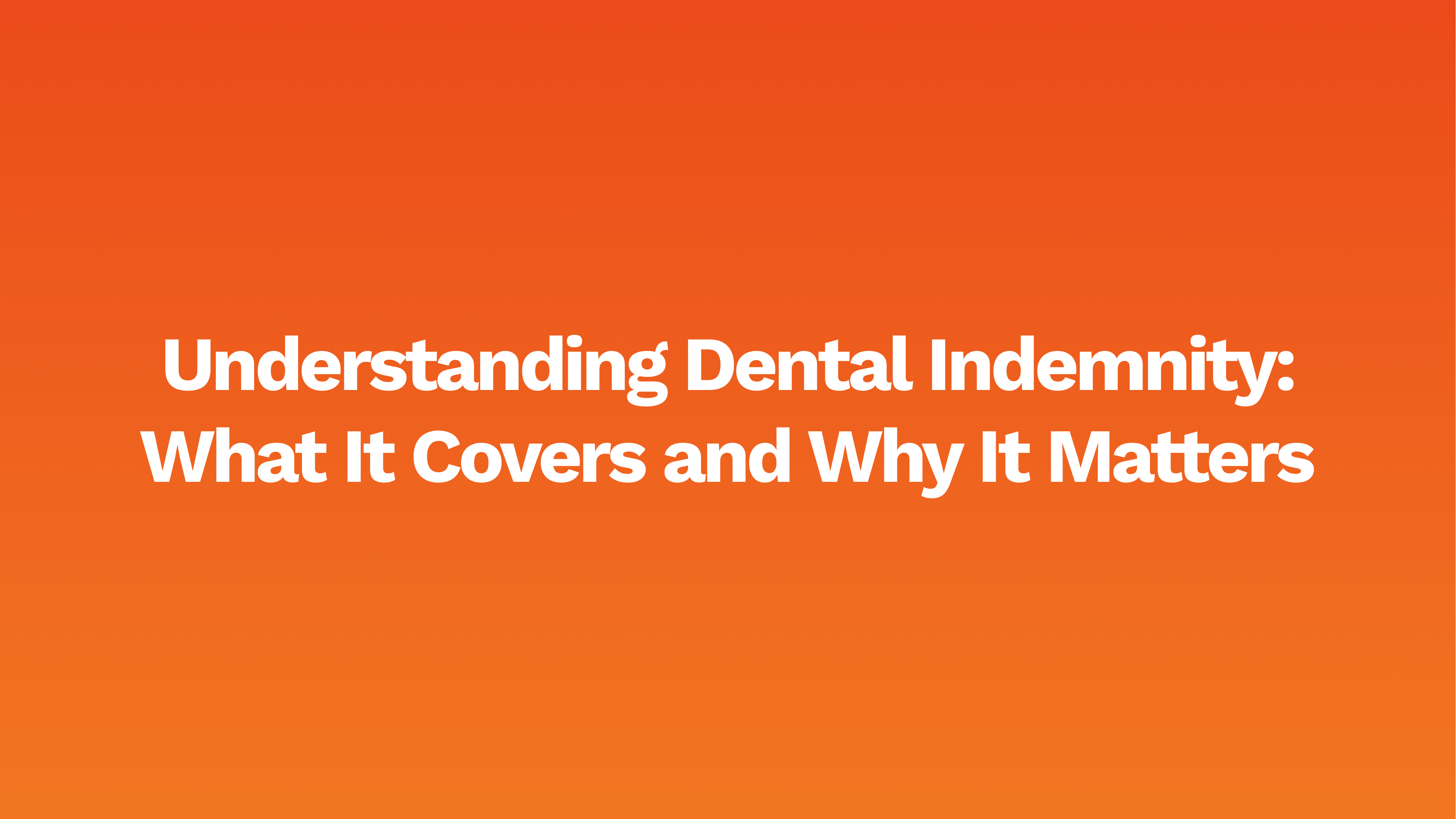Paul Lambden explains the best steps to take when an unexpected event occurs during dental treatment.
It may sound obvious, but when treating a patient, the best way to keep safe is doing the right thing.
In the course of undertaking dental treatment, unexpected events may occur that compromise or complicate the treatment being provided.
A previously straightforward procedure may suddenly become complicated, or some event may prevent you from completing your work.
When things go wrong, you may feel surprised or panicky, perhaps not only worried about how to manage or rectify the event but also how to tell the patient what happened and how you’ll resolve it.
Do not panic
Remember the cardinal principles that you must follow in any circumstance: you must do what is right, provide all appropriate care for the patient, and explain what happened and what steps you’ll take to achieve the appropriate resolution.
A proportion of the complaints and claims received by Densura are the result of how the dentist manages that situation.
When a crown is fitted and a margin is clearly deficient, it’s easy to fill the deficit with composite. However, the right thing to do is tell the patient that the crown must be remade.
When a root canal instrument breaks in the canal, it’s tempting to say nothing and seal it in rather than explaining the event and that further treatment will be required.
Of course, when things go wrong, they add to the pressure of providing dentistry.
They usually involve extra time, sometimes difficult explanations and costs in time and money.
Fortunately, they are uncommon, and trying to avoid the consequences often results in a much bigger and more complicated outcome.
Minimising difficult situations
As a responsible registered healthcare professional, you must do what is right.
If you try to avoid doing so in a difficult and unfortunate situation, the patient is likely to become angry and consult a different dentist who will spot the poor-quality crown, or whatever it may be.
The situation will become much more difficult, more stressful, and probably more expensive for you.
How can you minimise such situations?
- Warn patients of all possible risks during the consent process so that, if something occurs, it’s not a surprise
- Tell the patient immediately what happened, explain available options and agree upon next steps to minimise or rectify the problem
- Do not conceal the problem and do not lie about it
- Do what is right. In the grand scheme of things, any additional inconvenience is small compared to your overall work and income.
Always keep in mind the GDC standard 3.1: ‘You must be honest and act with integrity’, and your Duty of Candour to the patient.
Do your best to ensure appropriate care and management of all patients and be honest when things go wrong to avoid stress and regulatory punishment.
Author: Paul Lambdell



